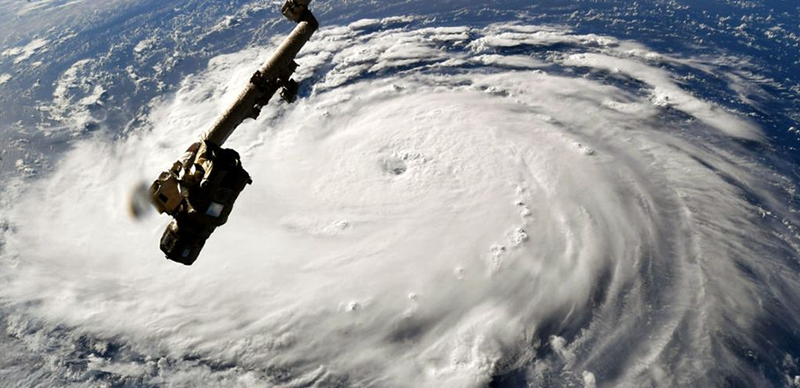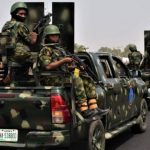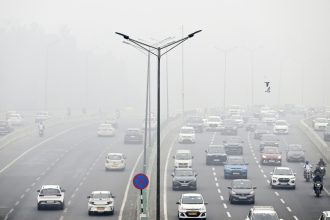The US State Department says it has activated United States-based urban search and rescue teams to “bolster response efforts” as Hurricane Melissa rips through Caribbean countries.
The aftermath of the disaster has reportedly killed around 31 people across the countries.
“In response to the catastrophic damage caused by Hurricane Melissa in many Caribbean countries, @StateDept is deploying a regional Disaster Assistance Response Team and activated US-based Urban Search and Rescue teams to bolster response efforts,” the department said in a Wednesday statement seen by The PUNCH on X posted via @StateDept.
“These teams are working with affected countries and local communities to determine what assistance is needed and with interagency, international, and U.S. military partners to coordinate emergency response efforts,” it added.
The United Kingdom also said it was supporting the countries, pledging to mobilise emergency funds.
“The UK is supporting the Caribbean in the aftermath of Hurricane Melissa.
We’ve mobilised an immediate fund of £2.5m in emergency UK aid and are deploying experts to help communities respond, recover and rebuild. We stand with the Caribbean in this moment of crisis,” UK Foreign Secretary Yvette Cooper, stated via @YvetteCooperMP on X on Wednesday.
At least 25 people have died in Petit-Goâve, Haiti, after a river flooded by Melissa burst its banks, according to a report by CNN.
Three people were also killed earlier in Haiti. Another three died in Jamaica during storm preparations, and one person died in the Dominican Republic.
Jamaica’s government said it was not in a position to make an official statement on deaths that may have been caused by Hurricane Melissa that hit the country on Tuesday, according to a government minister.
CNN reported that the Minister for Local Government and Community Development, Desmond McKenzie, told a news conference on Wednesday that: “We have not had alerts of any deaths so far. So we cannot presume that there are deaths.”
The eye of the hurricane passed over Jamaica’s more rural western parishes, while the capital, Kingston, was spared the worst of the storm.
In Haiti, where 25 were killed, people remained trapped in several homes that collapsed in the port of Petit-Goâve, Mayor Jean Subrème said, according to the Associated Press.
“I am overwhelmed by the situation,” he said, adding that he had requested assistance from the government.
Just one official from the Civil Protection Agency was in the area affected by the storm, AP reported, with locals battling to evacuate as floodwaters rose in recent days.
As of 11 a.m. ET, Melissa had centred just off the northern coast of Cuba and had officially entered the Atlantic Ocean for the first time, according to the National Hurricane Centre.
Hurricane Melissa was a ferocious Category Five, a maximum level scale, when it slammed Jamaica on Tuesday. Categories five and four usually inflict catastrophic damage on anything in their path.
CNN further reported that the full extent of damage in Jamaica is still coming into focus, but officials have said the country’s infrastructure has been “severely compromised.”
Melissa is now at Category Two as its time over Cuba was said to have drained some of its power, but it remains a formidable hurricane that’s still generating torrential, flooding rain and strong winds.
Winds continue to pound parts of Cuba while Melissa’s tropical storm-force winds start to stretch farther into the Bahamas.
According to AFP, scientists say human-driven climate change is causing such massive storms to become increasingly common in the region.
“Human-caused climate change is making all of the worst aspects of Hurricane Melissa even worse,” said climate scientist Daniel Gilford.








